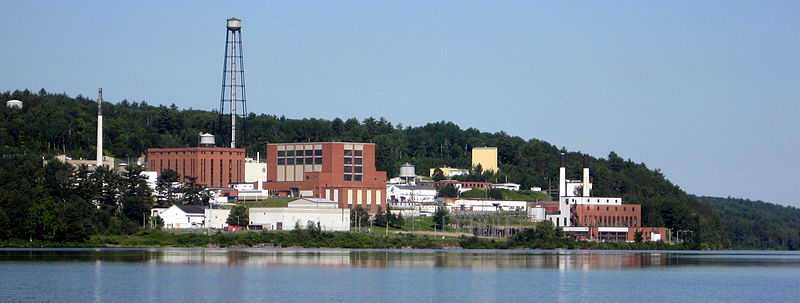Report Warns of Shortage of Radioisotopes for Nuclear Imaging Procedures

A new report warns of a worsening shortage of key medical isotopes used in nuclear imaging scans following the shutdown of an aging Canadian nuclear reactor in late 2016. If the shortage is realized, doctors could be forced to delay procedures that rely on these isotopes.
Issued in January 2017 by the National Academies of Sciences, Engineering, and Medicine, the report warns of a shortage of Molybdenum-99 (Mo-99) and Technetium-99m (Tc-99m) following the October 2016 shutdown of Canada’s National Research Universal reactor in Chalk River, Ontario, which produced a major share of the world’s medical radioisotopes.
Chalk River stopped producing Mo-99, which is used to create the radioisotope Tc-99m that is commonly used in diagnostic imaging scans for cancer, heart disease and other illnesses. The reactor, built in 1957, was shut down primarily due to serious age-related breakdowns and safety and security concerns.
The U.S. government-commissioned report concluded that the Chalk River shutdown has created a “substantial likelihood of severe Molybdenum-99 and Technetium-99m shortages,” at least until other global suppliers complete planned expansions later in 2017 and 2018, said committee leader, S. James Adelstein, PhD, Paul C. Cabot Distinguished Professor of Medical Biophysics at Harvard Medical School.
“Until these other suppliers get these new facilities online, there are enough historical and technical reasons to think it is highly probable something will happen to disrupt the supply,” Dr. Adelstein said.
The report urges the U.S. government to work with the Canadian government to “ensure that there is an executable and well-communicated plan in place to restart the supply of Molybdenum-99 from Canada.”
According to the report, the three existing global Mo-99 suppliers, ANSTO in Australia, Mallinckrodt in the Netherlands, and NTP in South Africa, have announced plans to expand their supply capacities. If these plans are realized, by the end of 2017 supply capacities would increase enough to offset the lost supply capacity represented by Chalk River.
When the Chalk River reactor closed for repairs in 2009, causing a shortage of radioisotopes, the search began across the globe for an alternative. Canada is pursuing the use of cyclotrons to produce Tc-99m, while the U.S. government in 2009 began assisting efforts to develop domestic capabilities to supply Mo-99 without the use of highly enriched uranium targets.
Isotopes Focus of May RSNA News Article
A full report on the possible radioisotope shortage and the pursuit of alternatives will appear in the May 2017 issue of RSNA News.
